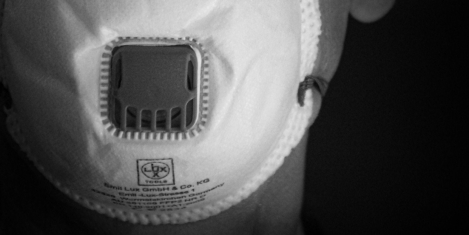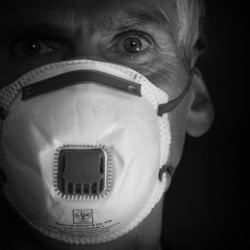To provide the best experiences, we use technologies like cookies to store and/or access device information. Consenting to these technologies will allow us to process data such as browsing behaviour or unique IDs on this site. Not consenting or withdrawing consent, may adversely affect certain features and functions.
The technical storage or access is strictly necessary for the legitimate purpose of enabling the use of a specific service explicitly requested by the subscriber or user, or for the sole purpose of carrying out the transmission of a communication over an electronic communications network.
The technical storage or access is necessary for the legitimate purpose of storing preferences that are not requested by the subscriber or user.
The technical storage or access that is used exclusively for statistical purposes.
The technical storage or access that is used exclusively for anonymous statistical purposes. Without a subpoena, voluntary compliance on the part of your Internet Service Provider, or additional records from a third party, information stored or retrieved for this purpose alone cannot usually be used to identify you.
The technical storage or access is required to create user profiles to send advertising, or to track the user on a website or across several websites for similar marketing purposes.
 According to a new independent survey of over 500 senior business decision-makers, nearly three quarters believe COVID-19 will result in more UK businesses downsizing to smaller office spaces in the coming 12 months. Most also say they value the office and will be more focused on its strengths as part of the shift. The data from property developers Accumulate Capital claims to show how the COVID-19 pandemic has affected UK businesses and their commercial property needs. (more…)
According to a new independent survey of over 500 senior business decision-makers, nearly three quarters believe COVID-19 will result in more UK businesses downsizing to smaller office spaces in the coming 12 months. Most also say they value the office and will be more focused on its strengths as part of the shift. The data from property developers Accumulate Capital claims to show how the COVID-19 pandemic has affected UK businesses and their commercial property needs. (more…)








 Insurance provider
Insurance provider 
 A new independent survey by
A new independent survey by 


 What impact is COVID-19 having on business confidence? And what recovery strategies are companies prioritising in response to the pandemic? Recruitment company
What impact is COVID-19 having on business confidence? And what recovery strategies are companies prioritising in response to the pandemic? Recruitment company 
 UK workers are most likely to log a claim against their employer for making them work excessively long hours, claims new data by health and safety training provider
UK workers are most likely to log a claim against their employer for making them work excessively long hours, claims new data by health and safety training provider 


 Supported by its Green Building Councils and their members, the
Supported by its Green Building Councils and their members, the 
 A new study by
A new study by 












September 7, 2020
Ditching the 9 to 5 has enlightening implications for the design of offices
by David Clements • Comment, Workplace design